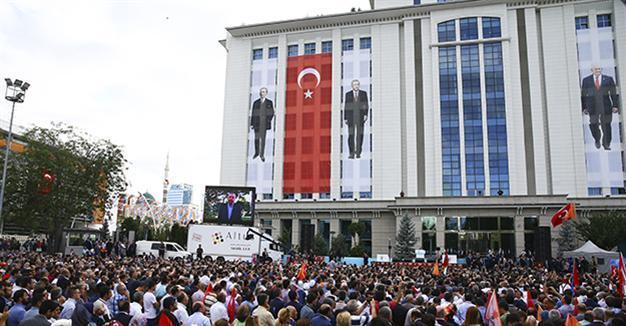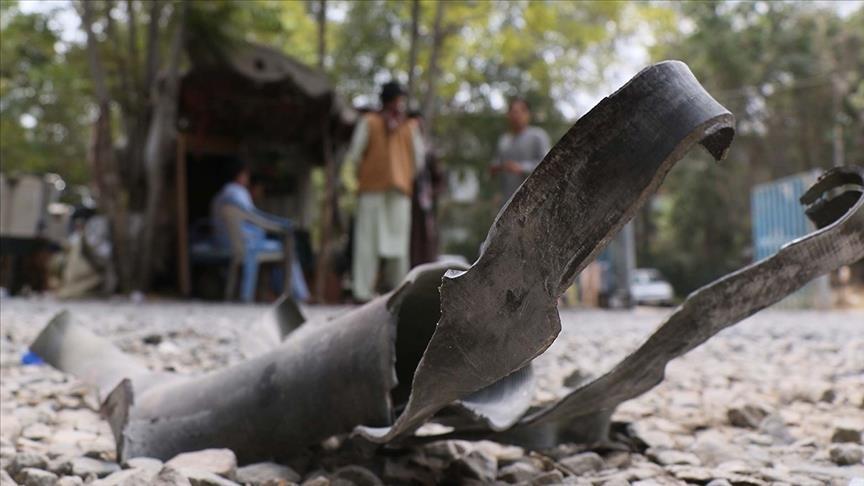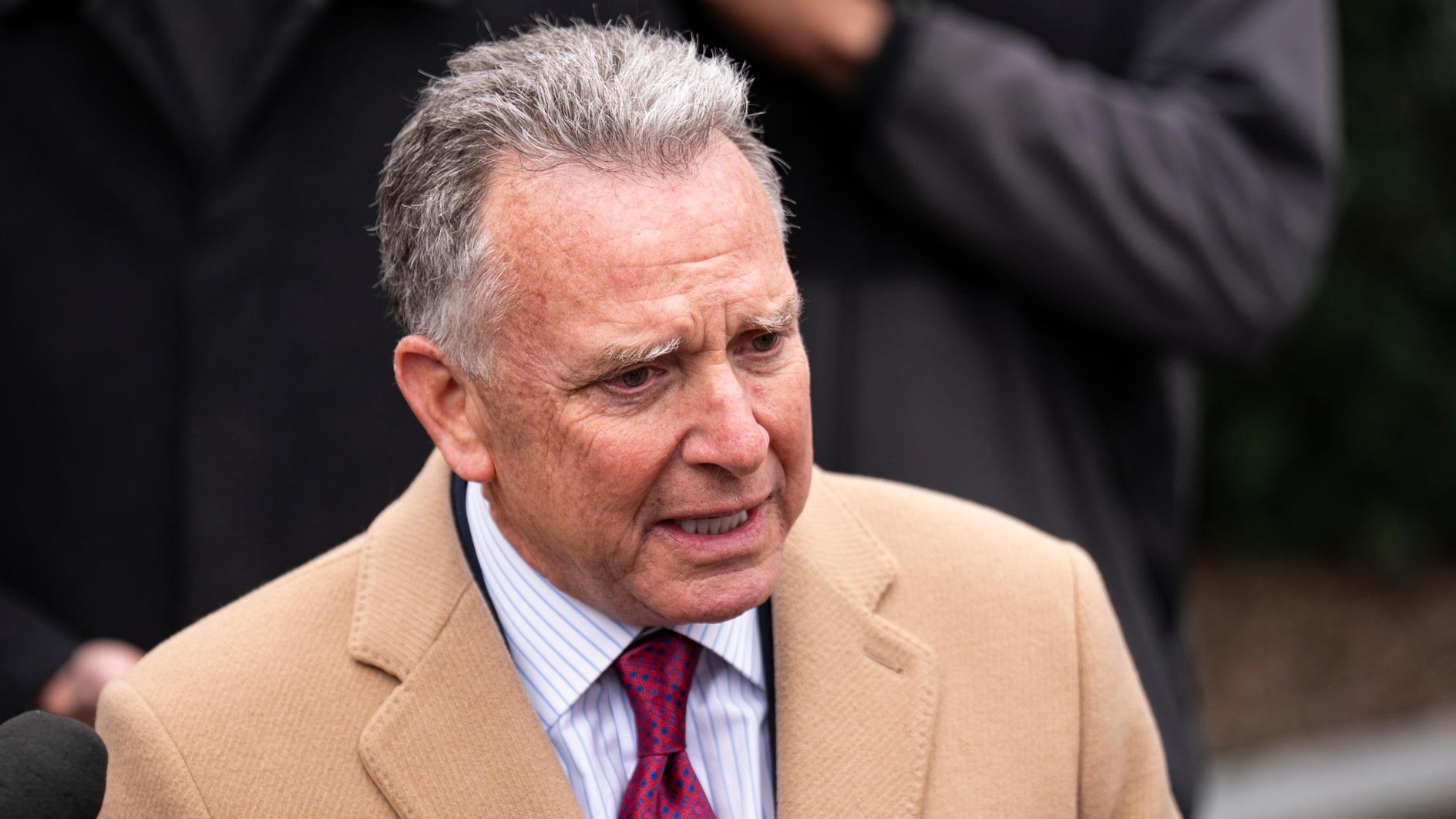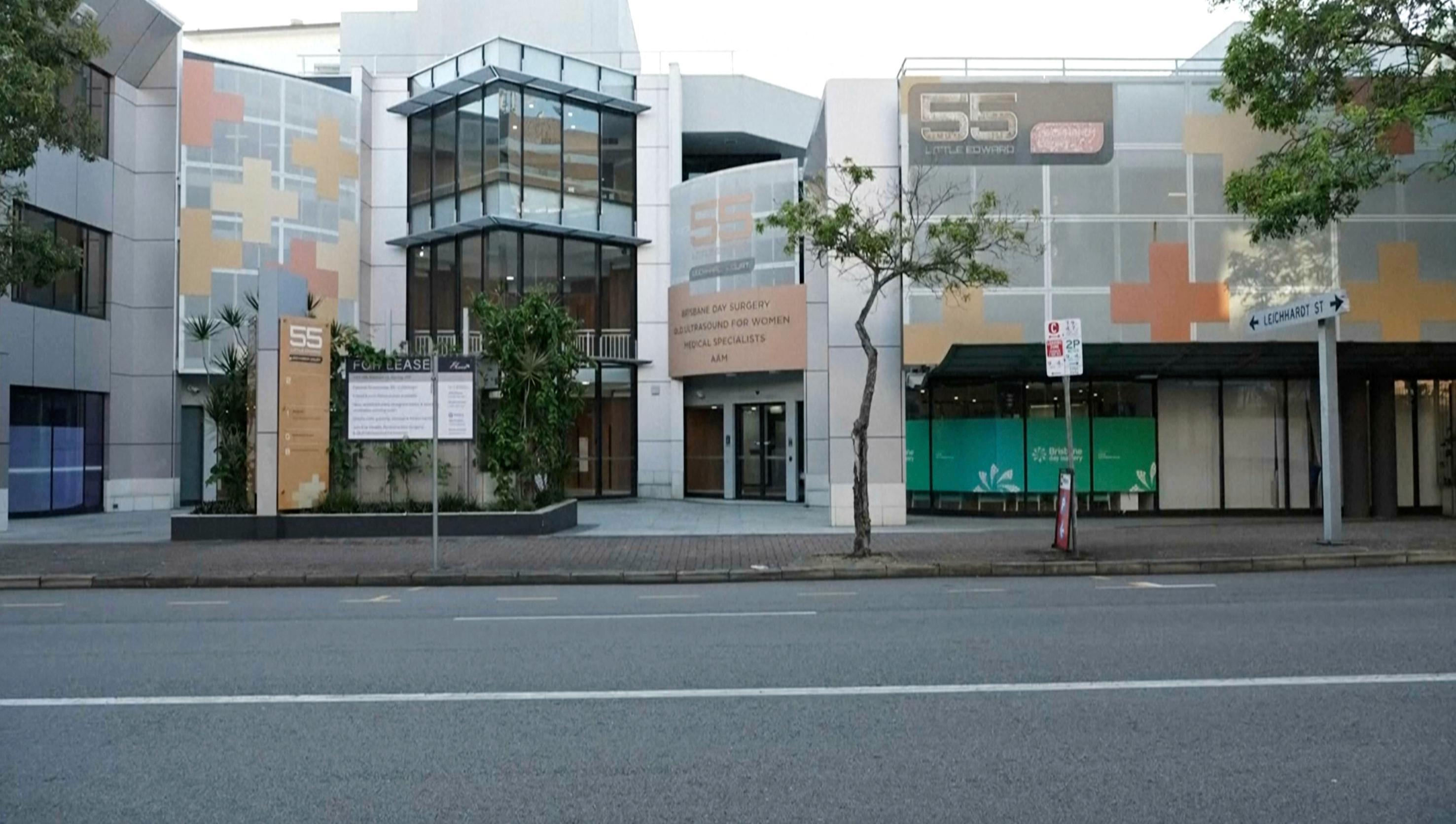Ruling AKP marks 15th year with low-key celebration
ANKARA

AA photo
Turkey’s ruling Justice and Development Party (AKP) has marked the 15th anniversary of its foundation with a low-key celebration in the capital Ankara, a month after the failed coup attempt of July 15.Around 5,000 invitations were sent out to senior party figures as well as the families of coup attempt victims, with speeches predominantly focusing on the coup attempt.
A video timeline of the past 15 years of the party was also screened.
AKP Konya deputy and former Prime Minister Ahmet Davutoğlu was first to take the stage in the program.
He said the Fethullahist Terrorist Organization (FETÖ), which was blamed for the coup attempt, was used to stop the progression of the country as it was in the past, while pledging solidarity in the aftermath of the coup attempt.
Davutoğlu also noted the AKP had changed the ill fate of the country.
Meanwhile, the 11th president of Turkey, Abdullah Gül, said the party had dramatically changed the country over the last 15 years, at a time when it was in a pessimistic atmosphere.
President Recep Tayyip Erdoğan later attended the program via videoconference from Istanbul.
“We cannot act as it was before July 15 anymore. None of us can. Primarily, I cannot as a president. Likewise, the AKP as the ruling party which bore the responsibility of the last 14 years of Turkey cannot. I witnessed that the opposition parties had the same understanding in this process and I hope that civil society organizations, media and labor unions have the same understanding,” Erdoğan said.
Meanwhile, Prime Minister Binali Yıldırım said the party was the nation itself, representing the social center.
The premier added the party had taken prohibitions out of the country’s agenda.
The AKP was formed by a cross-section of politicians from existing conservative parties such as the National Salvation Party, the Welfare Party, the Motherland Party and the Virtue Party, and had been led by Erdoğan for most of its existence.
When it won the November 2002 election with two-thirds of the parliamentary seats it became the first party to win a majority in 11 years.
Erdoğan, who had risen to prominence as the mayor of Istanbul, would normally have become prime minister but was banned from public office because of a poetry reading he gave in 1994 that was deemed religious and against Turkey’s laws on excluding religion from politics.
He had been jailed for four months for the offense, so one of the party’s co-founders, Gül, was installed as premier.
Erdoğan would later, in March 2003, take over when he was elected to parliament as the deputy for Siirt in southeast Turkey when the block on his role in political life expired.
He would remain leader of the party and prime minister until August 2014, when he became the first president to be elected by popular vote. Then Foreign Minister Ahmet Davutoğlu succeeded him as party chairman and prime minister until stepping down in May to be replaced by Transport Minister Binali Yıldırım.
During his time as prime minister, Erdoğan oversaw general elections in 2007 and 2011 that saw the party remain power with an increased share of the vote each time.
















